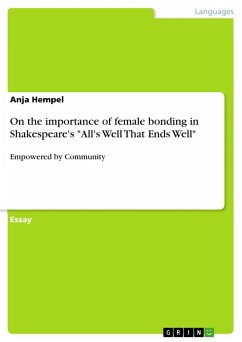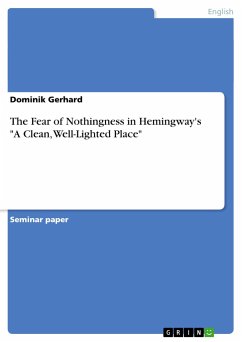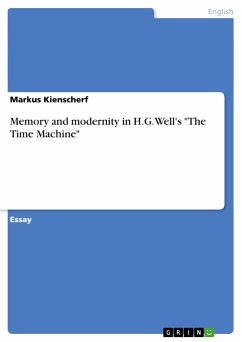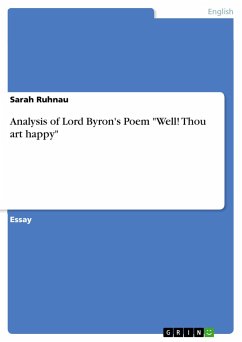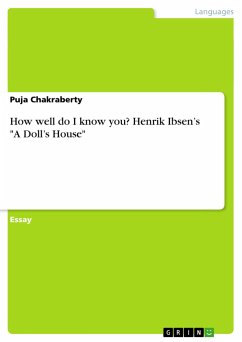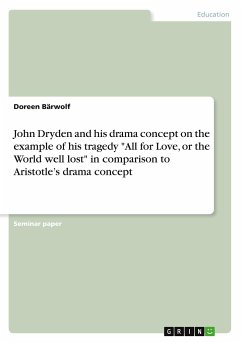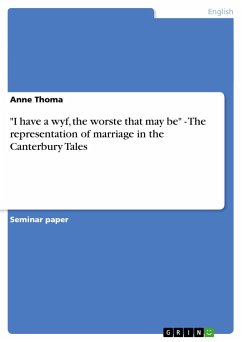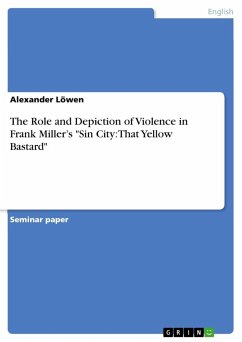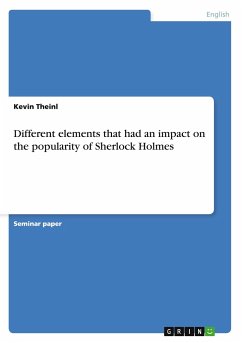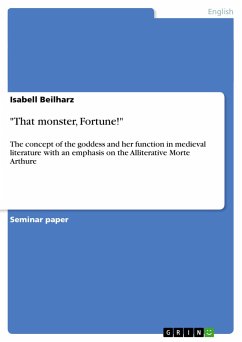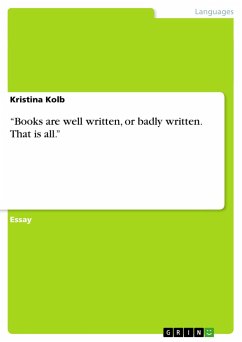
"Books are well written, or badly written. That is all."

PAYBACK Punkte
0 °P sammeln!
Essay from the year 2007 in the subject Didactics - English - Literature, Works, grade: A, The Open University, language: English, abstract: Following French Symbolism and Decadence movements, the late 19th century bore witness to the rise of Aestheticism, defined and promoted by authors such as Théophile Gautier, Walter Pater and Oscar Wilde. As put forward by Pater , life consists of nothing more than "impressions, images (and) sensations" and literature was to maximize these "flickering" moments. Influenced by Gautier and Pater, Wilde declared in his famous preface to The Picture of Dorian...
Essay from the year 2007 in the subject Didactics - English - Literature, Works, grade: A, The Open University, language: English, abstract: Following French Symbolism and Decadence movements, the late 19th century bore witness to the rise of Aestheticism, defined and promoted by authors such as Théophile Gautier, Walter Pater and Oscar Wilde. As put forward by Pater , life consists of nothing more than "impressions, images (and) sensations" and literature was to maximize these "flickering" moments. Influenced by Gautier and Pater, Wilde declared in his famous preface to The Picture of Dorian Gray that "all art is quite useless" , denying that there was such a thing as an "immoral" book and condemning utilitarianism in literature. While he acknowledged that "the moral life of man forms part of the subject-matter of the artist", he rigidly opposed the opinion put forward by writers such as Orwell that all art is simultaneously propaganda. Nevertheless, the aforementioned preface was not only written as a reaction against Victorian literature, but also being written a year after the first publication of the book, giving it the appearance of an act of self-defense against harsh criticism and casting a shadow of doubt over its face-value. Furthermore, Wilde does make concessions to different interpretations of a text, even if at the reader's own risk. In the light of this, the question remains in how far Wilde's view is applicable to texts written in a different context, bearing in mind both author intentionality and reader interpretation. I will focus on Mansfield's story The Garden Party and three key passages from Gibbon's Sunset Song in order to analyze with reference to Wilde's statement in order to analyze its validity in the context of these two writers.




